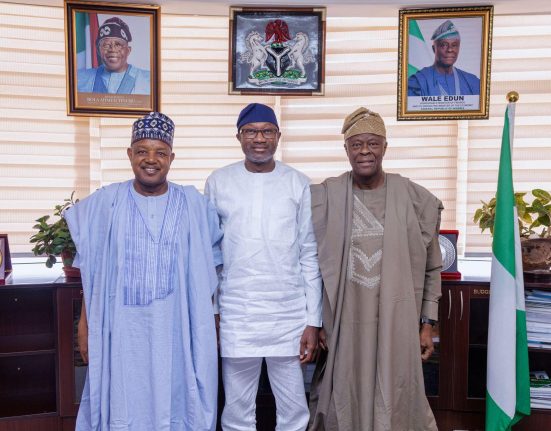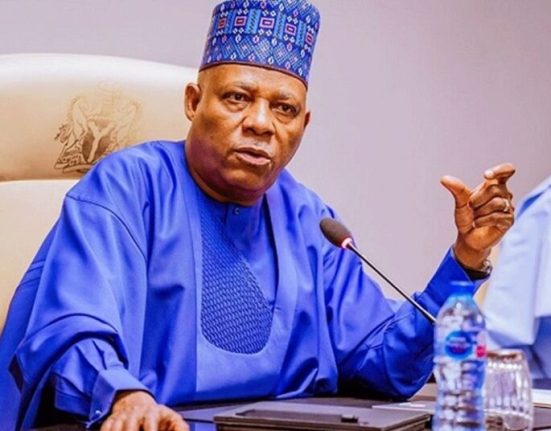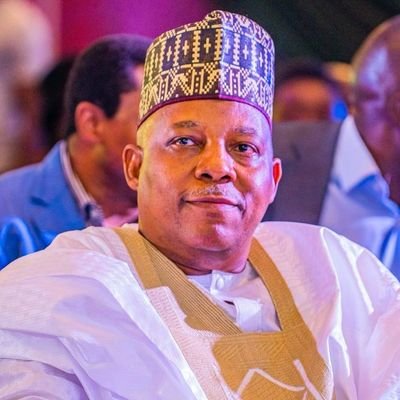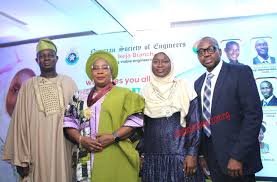The struggle between centralized authority and genuine decentralization in Nigeria has long gone beyond mere political rhetoric—it now mirrors a systemic failure in governance that continues to rob the nation of meaningful grassroots development. For decades, the levers of power have remained tightly gripped by the federal and state governments, creating a top-down governance structure that increasingly alienates the very people it was meant to serve.
What began as a framework for unity has become a major obstacle to national progress. The over-concentration of authority has bred inefficiency, stifled development, and widened the gap between government and the governed. And nowhere is this more evident than at the local government level, where chairmen—who should be champions of community growth—are rendered powerless and subservient.
Local government autonomy is no longer an abstract concept reserved for constitutional debates or policy seminars. It is now a fundamental question of national survival. As the tier of government closest to the people, local councils hold the unique advantage of proximity and local insight. Yet, instead of being empowered, they remain mere administrative extensions of the state governors, stripped of both authority and initiative.
Despite being enshrined in Nigeria’s constitution, local governments have continued to operate under a cloud of suppression. Their resources are often withheld or manipulated through joint state-local government accounts, while their leadership is mostly determined not by popular vote but by political fiat.
In July 2024, the Supreme Court of Nigeria delivered what many hailed as a historic verdict—affirming the constitutional right of local governments to operate independently of state control. It was a moment that should have sparked celebration and a wave of reforms. It offered rare judicial clarity in a system plagued by political ambiguity and power play. Yet, instead of inspiring action, the ruling was met with a deafening silence. No sweeping reforms, no restructuring. Just the familiar patterns of hesitation, denial, and subtle resistance.
State governors, many of whom have long benefited from controlling local council structures, have shown little interest in relinquishing that grip. But more troubling is the passivity—and at times complicity—of local government chairmen who ought to be the foremost defenders of this newly affirmed autonomy.
At the root of this indifference lies a deeply entrenched culture of political patronage. In many states, chairmen are not products of credible elections but are appointed by governors or selected through manipulated local polls. Their loyalty is not to the people they are meant to serve but to the political figures who installed them. In return for their positions, they function as loyalists rather than leaders—executing instructions rather than formulating policies.
This toxic dynamic has reduced local government administration to a transaction, devoid of accountability or service. Councils that should serve as engines of grassroots transformation have been relegated to mere political outposts—powerless, inactive, and irrelevant in addressing the day-to-day realities of citizens.
It is a dangerous betrayal of democratic ideals. Where local governments should be fixing roads, staffing schools, providing health services, and addressing insecurity, they are instead stuck waiting for directives and handouts from state capitals. Their inability to act decisively has led to misaligned development strategies, failed public services, and worsening conditions across rural and semi-urban communities.
Policies crafted in Abuja or state capitals often fail to resonate in remote villages. Health programs ignore local dynamics. Security plans are detached from grassroots intelligence. And education initiatives rarely reach the underserved. In all of this, ordinary Nigerians are left voiceless, neglected, and increasingly disillusioned with government at all levels.
The Supreme Court’s decision is not just a legal declaration—it is a chance to reset the foundation of governance in Nigeria. But that opportunity is being squandered. The resistance from state governors and the silence from many chairmen suggest a system more interested in preserving control than pursuing progress.
Nigeria cannot afford to continue in this direction. The cost of inaction is visible in every underdeveloped community, every failed public service, and every unfulfilled promise. Until local governments are truly free to function—led by people who are elected by and accountable to their communities—the dream of development will remain out of reach.
For true democracy to take root, power must return to the people. And that journey begins with liberating local governments from the chokehold of state interference and political puppetry.







